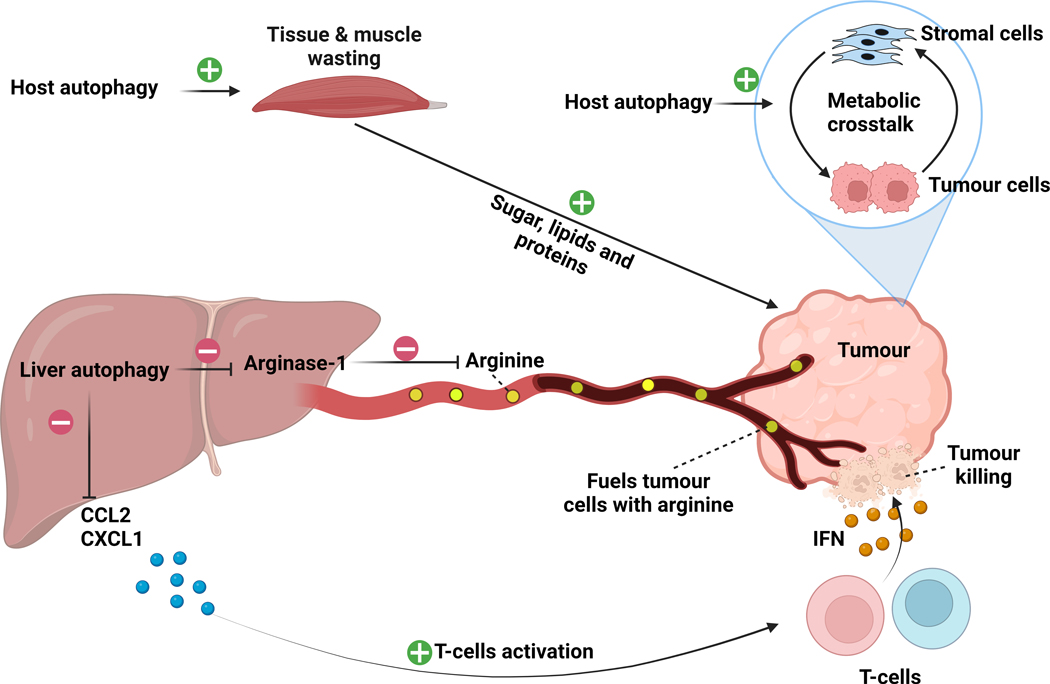Figure 4. Autophagy in the tumour-bearing host.
Inhibition of host autophagy by expressing a dominant negative version of Atg4B impairs tumour growth by disrupting the metabolic crosstalk between tumour cells and stromal cells and may have other systemic effects in various tissues. In drosophila melanogaster, host autophagy has been shown to induce tissue and muscle wasting to fuel tumour cells with sugars, lipids and proteins. In another model, liver-specific inhibition of autophagy, through genetic Atg7 ablation, induced a stress response in the liver, leading to the release of Arginase-1 into the circulation. High circulating Arginase-1 promoted the degradation of the amino acid arginine that is necessary for the growth of a subset of arginine auxotroph tumours. In parallel, liver-specific autophagy inhibition induced the production and release of pro-inflammatory cytokines from the liver into the circulation. This pro-inflammatory state activated the CD4+ and CD8+ T-cell immune response, resulting in increased tumour killing through the IFN-γ pathway. Green positive sign indicates activation. Red negative sign indicates inhibition.

